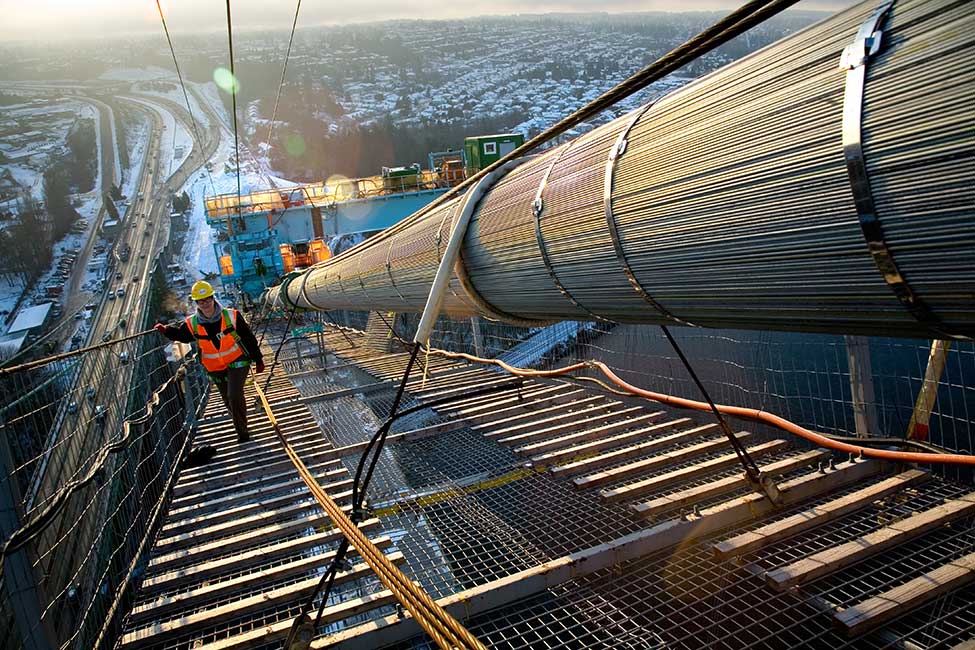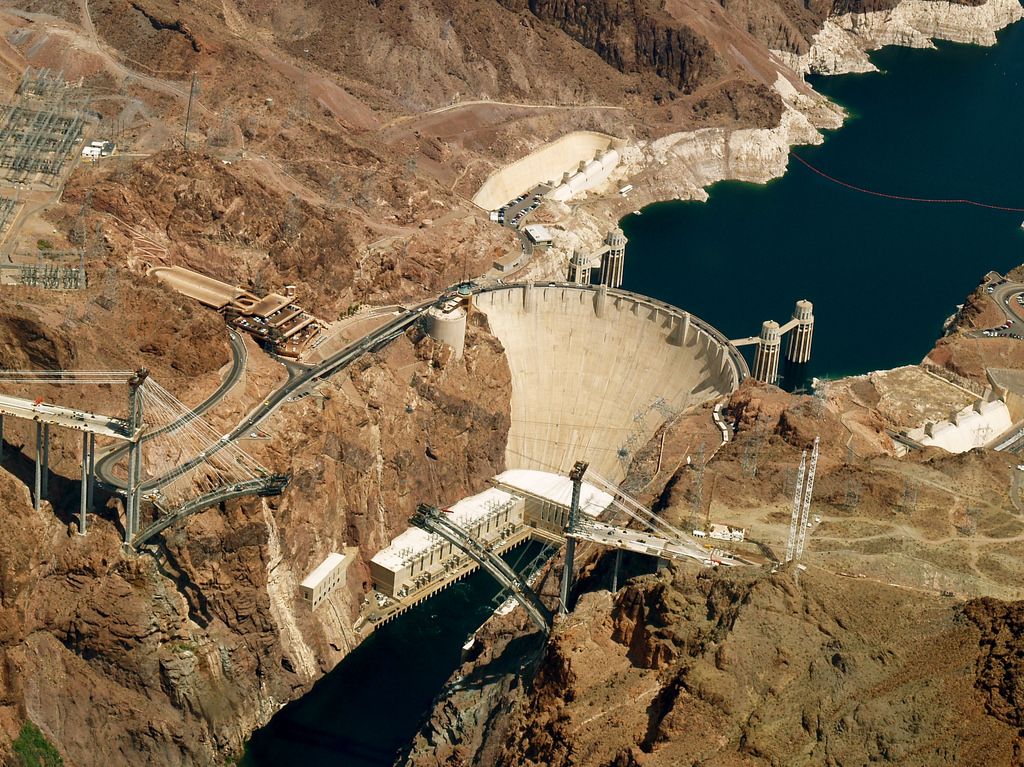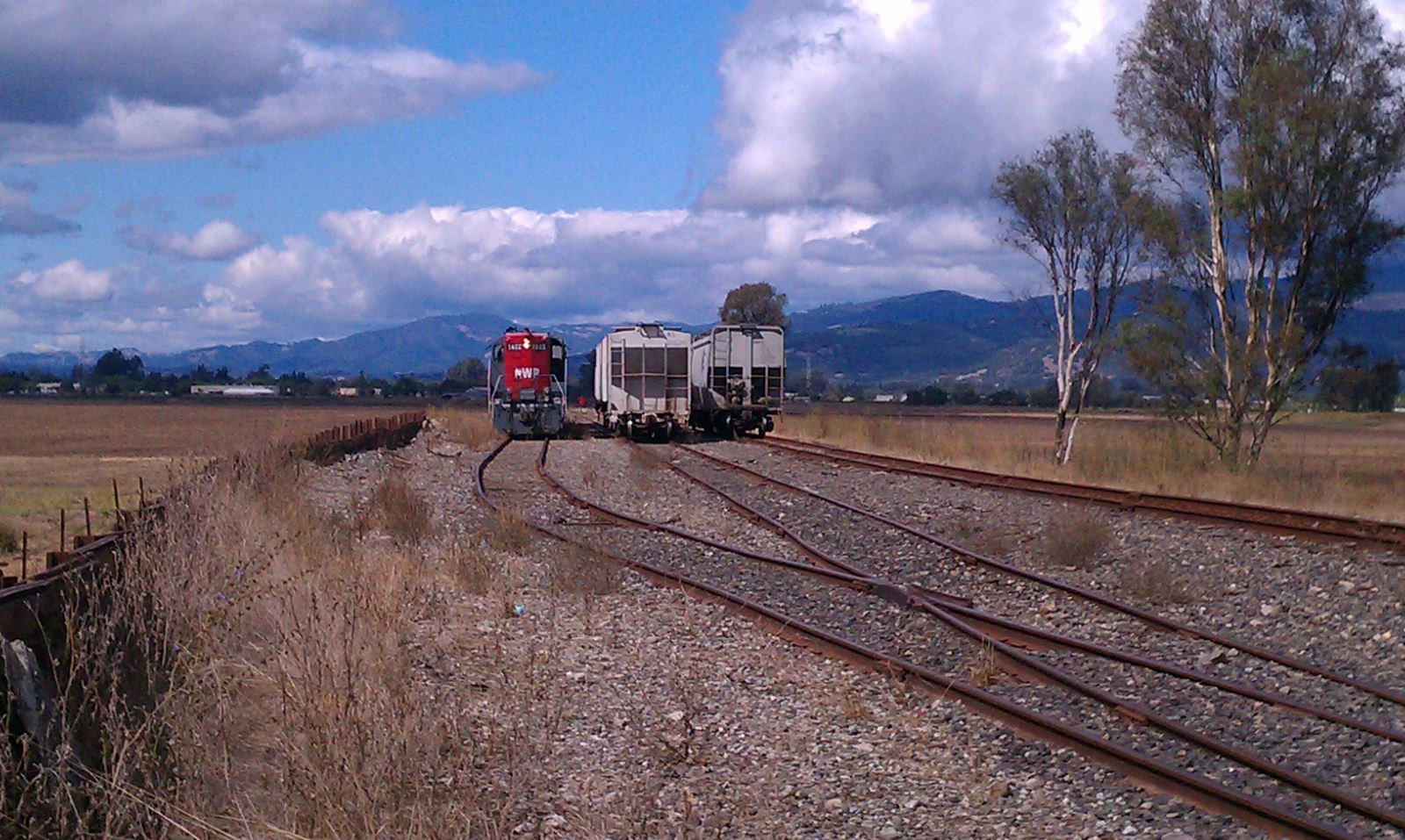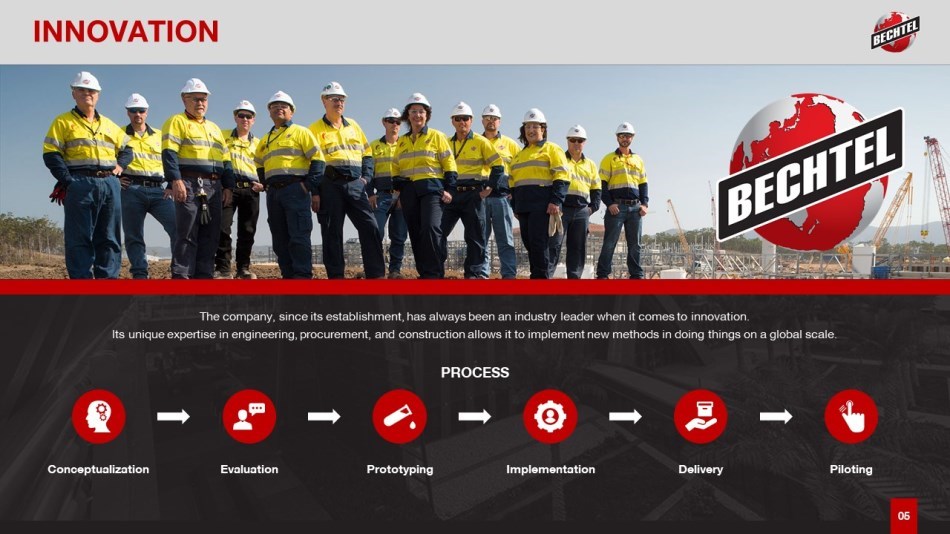Bechtel's business activities began in 1898 when cattle farmer Warren A. Bechtel moved from Peabody, Kansas, to the Oklahoma Territory to construct railroads with his own team of mules. Bechtel moved his family frequently between construction sites around the western United States for the next several years, eventually moving to Oakland, California in 1904, where he worked as the superintendent on the Western Pacific Railroad.

In 1906, W. A. Bechtel won his first subcontract to build part of the Oroville-to-Oakland section of the Western Pacific Railroad. That same year, he bought his own steam shovel, becoming a pioneer of the new technology. He painted "W.A. Bechtel Co." on the side of the steam shovel, effectively establishing Bechtel as a company, though it was not yet incorporated. Bechtel completed work on a series of railroad contracts during the early 1900s, culminating in an extension of the Northwestern Pacific Railroad finished in 1914.
Starting with the construction of Klamath River Highway in California in 1919, Bechtel ventured into jobs outside of building railroads. The company built roads, bridges, and highways throughout the western United States. The company worked on its first hydroelectric projects in the 1920s for Pacific Gas and Electric Company in California.

Warren Bechtel died unexpectedly in 1933 while in Moscow on business. He was succeeded by his son, Stephen Bechtel, Sr., who became both the head of Bechtel and chief executive of the Hoover Dam project. Under his leadership, the Hoover Dam was finished in 1935. The project was the largest of its kind in US history at the time and Bechtel's first megaproject.

Under Stephen Bechtel, Sr., the company diversified its projects and expanded its work into other countries. The company also focused on turnkey projects, a concept Stephen Bechtel, Sr. pioneered, in which Bechtel handled a project from planning and design through construction.


Bechtel’s first job outside the US was building the Mene Grande pipeline in Venezuela in 1940. In 1947, Bechtel began construction on what was then the world's longest oil pipeline, the Trans-Arabian Pipeline, which began in Saudi Arabia, ran across Jordan and Syria, and ended in Lebanon. The company continued to expand globally throughout the 1940s, particularly in the Middle East.
According to wikipedia








![[HONORARY PROFESSOR OF RECORD FOR PRACTICE AND EMPIRICAL RESULTS – 2024] RECORD HOLDER CHU BAO QUE (BAC GIANG PROVINCE, VIETNAM)](https://uskings.us/wp-content/uploads/2024/05/IMG_0386-218x150.jpg)